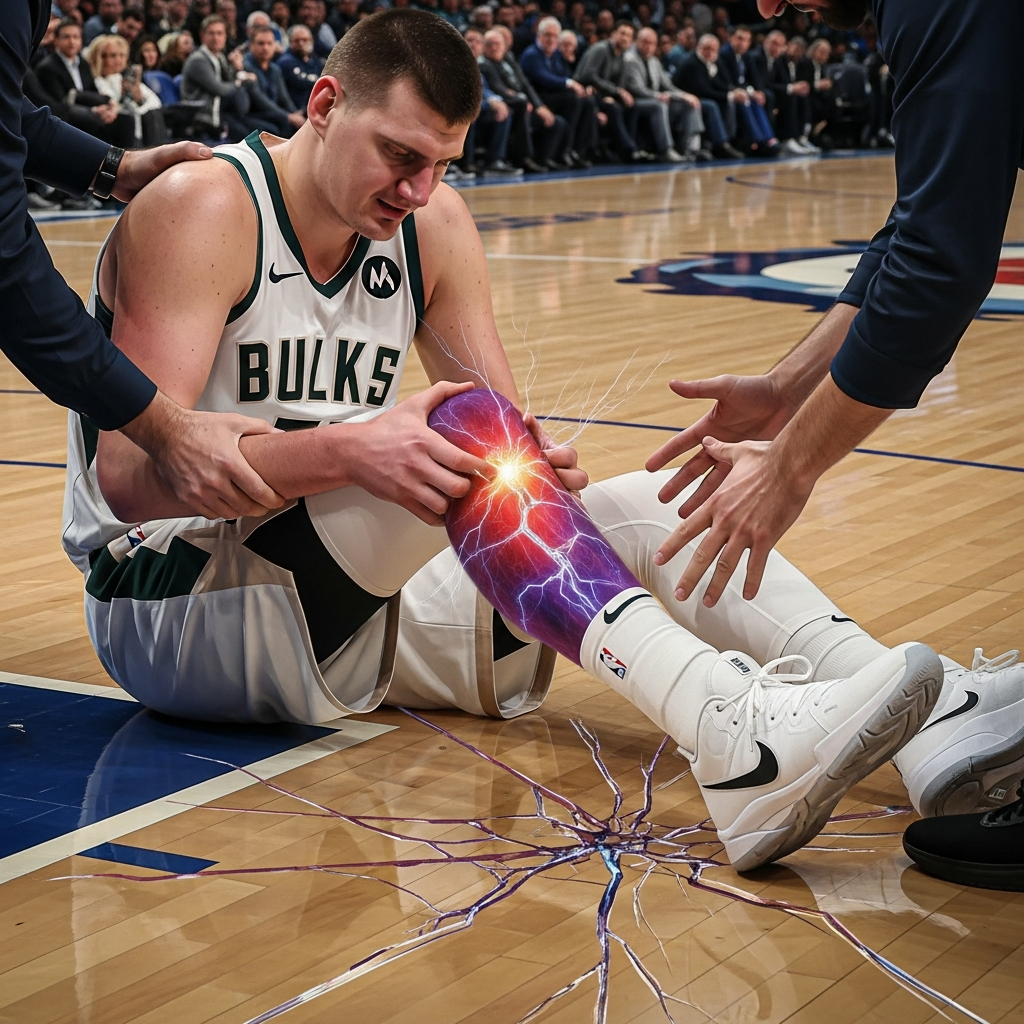In a swift move that sent ripples through Major League Baseball, right-handed pitcher Aaron Civale was traded from the Milwaukee Brewers to the Chicago White Sox on Friday, June 13th, in exchange for first baseman Andrew Vaughn and a cash consideration of $807,000. This transaction followed closely on the heels of Civale’s reported request for a trade after the Brewers opted to move him from the starting rotation to the bullpen.
While the trade sends the veteran hurler from a playoff contender to a team with one of the worst records in baseball, it paradoxically presents Civale with significant opportunities, particularly as he approaches free agency at the season’s end.
Why Civale Wanted a Change
Civale, who turned 30 the day before the trade, made it clear he desired to remain a starter. His request stemmed from the Brewers’ decision to shift him to a bulk relief role. This move came as the Brewers, boasting considerable starting pitching depth with strong performances from Freddy Peralta, José Quintana, Quinn Priester, and Chad Patrick, welcomed back Civale from a hamstring injury and saw promising rookie Jacob Misiorowski excel in his debut. Despite allowing seven runs over 19 innings in four starts since returning May 22, Civale’s career has been exclusively as a starter in the regular season, and pitching out of the bullpen threatened his ability to showcase his value for a future contract.
The White Sox’s Strategy
From the White Sox’s perspective, acquiring Civale addresses an immediate need for starting pitching depth, especially with Jonathan Cannon sidelined by injury. General Manager Chris Getz indicated the team reached out to Milwaukee specifically because they heard Civale wanted a starting role.
However, the White Sox’s motivation isn’t centered on long-term plans for the impending free agent with a 4.91 ERA this season. Instead, it aligns perfectly with their ongoing organizational rebuilding efforts. The White Sox aim to provide Civale with a consistent rotation spot, hoping he can rebuild his value. If successful, he could become a valuable trade chip at the upcoming trade deadline, allowing the White Sox to flip him for a young prospect, adding to their organizational talent pool. This strategy is underscored by the fact that Civale has been traded in each of the last two Julys.
Civale’s Double Opportunity to “Cash In”
For Aaron Civale, the move to Chicago, despite the team’s struggles, represents a crucial career juncture. He now has a clear path to pitch regularly as a starter, something the Brewers’ depth no longer guaranteed. This opportunity is vital for two key reasons:
- Financial Upside: Being perceived and compensated as a starting pitcher is significantly more lucrative in free agency than being a bullpen arm. Pitching well in a starter’s role over the next month and a half drastically improves his chances of securing a more favorable contract, potentially a multi-year deal, in the offseason. The White Sox’s need allows him the platform to prove his worth on a bigger stage than relief appearances.
- Return to Contention: If Civale performs strongly for the White Sox leading up to the deadline, he could become a sought-after piece for a contending team looking to bolster their rotation for an October run. A second trade this season would give him a chance to compete for a World Series title, fulfilling a different kind of aspiration.
The Other Side of the Deal: Andrew Vaughn
Heading back to Milwaukee is Andrew Vaughn, a 27-year-old former third-overall draft pick who struggled significantly with the White Sox this season, hitting just .189 before being optioned to Triple-A in May. While the Brewers have Rhys Hoskins at first base, they may view Vaughn, who is under team control for two more seasons, as a potential project to regain his past form.
Setting the Trade Market Benchmark
The Civale-Vaughn swap is being watched closely across the league, particularly by teams like the Boston Red Sox who have veteran rental pitchers (like Lucas Giolito and Walker Buehler) in similar situations. This trade, involving a struggling rental starter for a struggling former high draft pick, could set a benchmark for the trade market for underperforming pitching assets, potentially signaling a “soft” market. Civale’s performance with Chicago and any subsequent trade return he garners will further inform market expectations.
In essence, while landing with the White Sox wasn’t Civale’s chosen destination, it provides the exact opportunity he sought: a clear path to start, increase his financial standing for free agency, and potentially earn a ticket back to a contender via another deadline deal – a true chance for the veteran pitcher to cash in.




